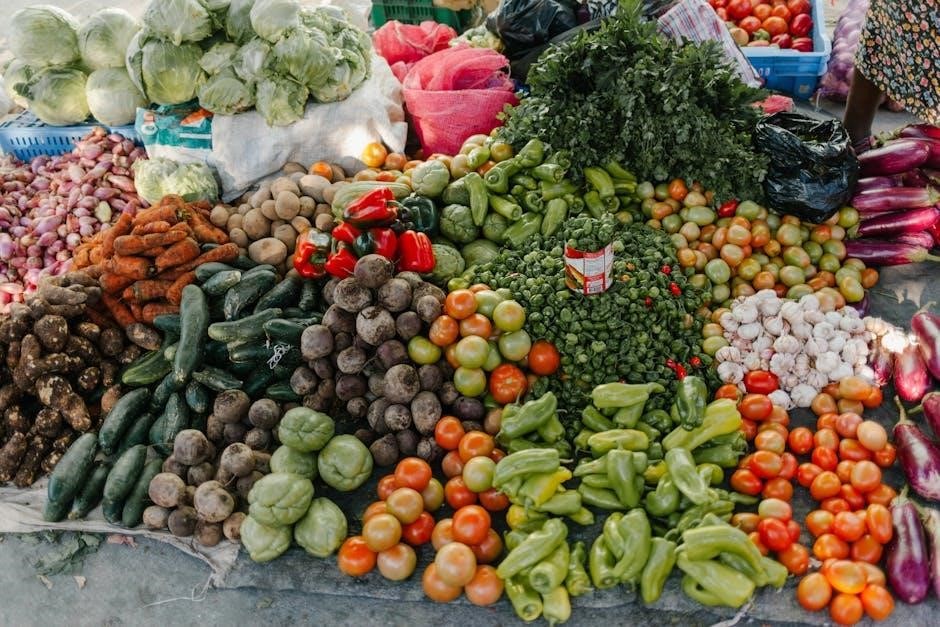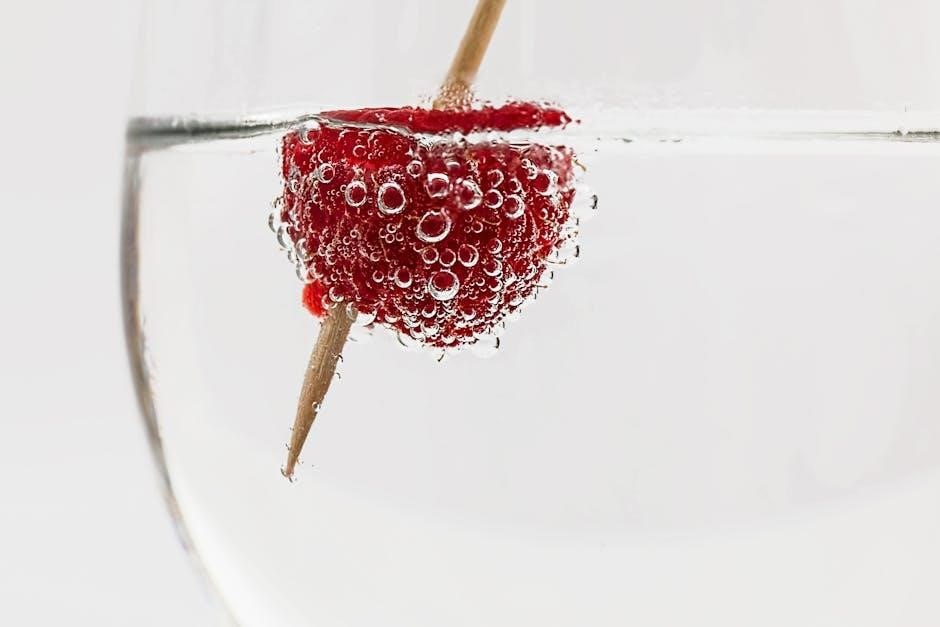Making potato vodka requires patience and attention to detail with specific instructions
Overview of the Process
The process of making potato vodka involves several steps, starting with the preparation of the potatoes and ending with the distillation and purification of the vodka. The entire process requires careful attention to detail and a significant amount of time and effort. First, the potatoes are cleaned and cut into small chunks, then boiled in water to extract the starches. The resulting mash is then mixed with malted barley and water to create a fermentable mixture. The mixture is then fermented, converting the starches into sugars and eventually into alcohol. After fermentation, the mixture is distilled to separate the alcohol from the other components, resulting in a high-proof vodka. The vodka is then purified and filtered to remove any impurities, resulting in a smooth and clean-tasting vodka. The process is complex and requires a significant amount of equipment and expertise, but the end result is a high-quality vodka with a unique flavor and character. The process can be broken down into several key stages, each of which is critical to the production of high-quality vodka.

Equipment and Ingredients Needed
Specific equipment and ingredients are required to make potato vodka including potatoes and malted barley
Essential Items for Production
To begin production, several essential items are necessary, including a mash pot, thermometer, and long mixing spoon.
A heat source is also required to maintain the desired temperature during the mashing process.
Additionally, a fermentation bucket or container is needed, along with yeast and a siphon.
A cheesecloth and hydrometer may also be used to monitor and control the fermentation process.
The quality of these items can impact the final product, so it is important to choose them carefully.
A still, column packing, and cleaning products are also necessary for the distillation process.
The right equipment and ingredients can help ensure a successful production process.
By gathering all the necessary items, you can set yourself up for success and create a high-quality product.
The production process can be complex, but with the right tools and ingredients, it can be managed effectively.
The key to success lies in attention to detail and a commitment to using only the best equipment and ingredients.

The Fermentation Process
Fermentation occurs with yeast and mashed potatoes mixture
Preparing for Fermentation
To prepare for fermentation, it is essential to create a suitable environment for the yeast to grow and convert the sugars into alcohol. This involves transferring the mashed potatoes to a fermentation bucket or container, adding yeast, and ensuring the mixture is at the correct temperature. The fermentation process typically takes several days to complete, during which time the mixture will start to bubble and emit a sour smell. It is crucial to monitor the temperature and specific gravity of the mixture to ensure the fermentation process is proceeding as expected. A hydrometer can be used to measure the specific gravity, and a thermometer can be used to monitor the temperature. By carefully preparing for fermentation, you can help ensure a successful and efficient fermentation process, which is critical for producing high-quality potato vodka. The fermentation process is a complex and delicate process that requires attention to detail and patience.

Distillation and Purification
Distillation and purification involve separating and refining the vodka using equipment
Distillation Equipment and Techniques
To begin the distillation process, a still is necessary, which can be purchased or homemade, with column packing to refine the vodka. The fermented and strained vodka water is then heated, causing the liquid to vaporize and rise into the still. As the vapor cools, it condenses back into a liquid, which is collected and separated from any impurities. This process is typically repeated multiple times to achieve the desired level of purity and smoothness. The distillation equipment and techniques used can greatly impact the final quality of the potato vodka, with attention to temperature, pressure, and reflux being crucial. By using the right equipment and techniques, a high-quality potato vodka can be produced, with a clean and smooth taste. The specific techniques used can vary depending on the desired outcome, but the basic principle of distillation remains the same. Proper equipment and techniques are essential for successful distillation.

and Tips
Making potato vodka at home can be a rewarding experience, but it requires patience, attention to detail, and practice to get it right. To achieve high-quality vodka, it is essential to follow proper techniques and use the right equipment. Choosing the right potatoes, such as starchy russet potatoes, is crucial for fermentation. Double distillation can also help to produce a smoother and cleaner taste. Additionally, maintaining a consistent temperature and monitoring the fermentation process are vital for successful production. By following these tips and guidelines, individuals can create their own high-quality potato vodka at home. It is also important to note that making potato vodka is a complex process that involves multiple steps, and each step requires careful attention to detail. With the right techniques and equipment, individuals can produce a high-quality potato vodka that is smooth, clean, and enjoyable to drink. Proper techniques and equipment are essential for successful production of potato vodka.
